Navigating the Gym Equipment Maze: Commercial vs. Home Gym Equipment
Are you considering setting up a gym at home or outfitting a commercial fitness facility? One of the most crucial decisions you'll face is choosing between commercial and home gym equipment. While both offer unique benefits, understanding the differences between them is essential to make an informed decision that aligns with your fitness goals, budget, and space constraints. Let's delve into the key distinctions and explore which option is right for you.
Quality and Durability
Commercial gym equipment, designed to withstand the demands of high-traffic fitness facilities, is built to last. World Fitness prioritises durability, using heavy-duty materials that can endure rigorous use day in and day out. In contrast, home gym equipment may be less robust, often tailored to the needs of individual users rather than enduring heavy usage by multiple people. Investing in commercial-grade equipment ensures longevity and reliability, making it a worthy investment for commercial gyms or serious fitness enthusiasts.
Performance and Versatility
Commercial gym equipment typically boasts advanced features and greater versatility, catering to a wide range of exercises and users. From state-of-the-art cardio machines to multifunctional strength equipment, these machines are engineered to deliver superior performance and accommodate diverse fitness routines. Home gym equipment, while offering adequate functionality for personal use, may have limitations in terms of exercise variety and maximum weight capacity. Consider your fitness objectives and the breadth of exercises you wish to perform when evaluating equipment options.
Space and Size
One of the primary advantages of home gym equipment is its space-saving design, making it ideal for individuals with limited space or those looking to create a dedicated workout area at home. Compact and portable, home gym machines are often designed to fit seamlessly into residential settings without overwhelming the space. In contrast, commercial gym equipment tends to be larger and bulkier, requiring ample floor space and proper layout planning. Consider the dimensions of the equipment and the available space in your home or commercial facility before making a decision.
Cost Considerations
While commercial gym equipment may offer superior quality and performance, it often comes with a higher price tag. The robust construction, advanced features, and commercial-grade components contribute to the elevated cost of these machines. On the other hand, home gym equipment tends to be more budget-friendly, catering to the needs of individual users without the additional overhead costs associated with commercial facilities. Assess your budget constraints and long-term fitness goals to determine the most cost-effective option for your needs.
Overall, the decision between commercial and home gym equipment hinges on various factors, including quality, performance, space constraints, budget, and maintenance considerations. Commercial gym equipment offers unparalleled durability, performance, and versatility, making it the preferred choice for commercial fitness facilities and serious fitness enthusiasts. However, home gym equipment provides convenience, affordability, and space-saving design, catering to the needs of individuals seeking to create a personal workout space at home. Evaluate your fitness goals, space limitations, and budget constraints to determine the most suitable option for your needs. Whether you're building a home gym or outfitting a commercial facility, investing in high-quality equipment is key to achieving your fitness goals and enjoying a rewarding workout experience.

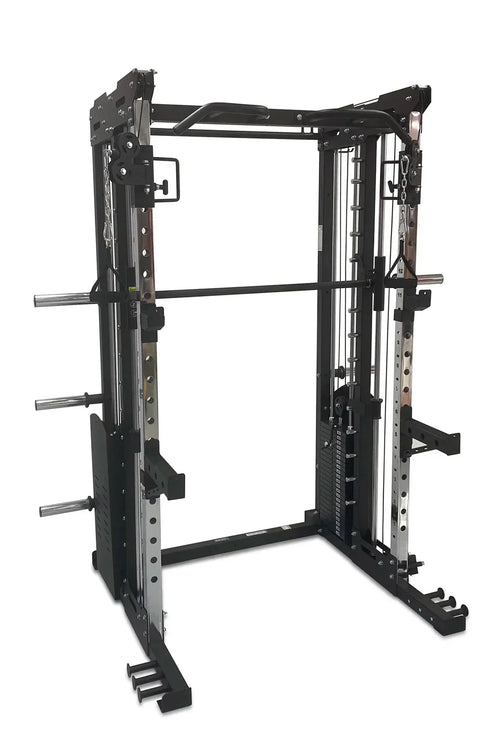
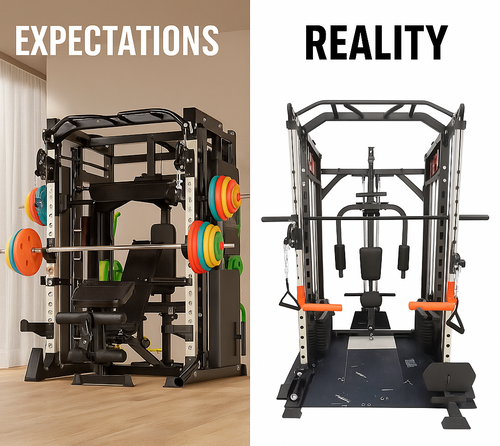
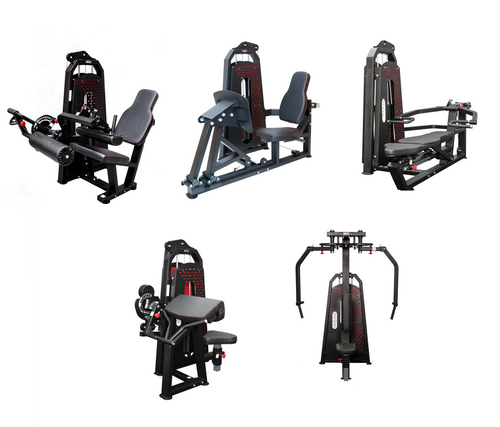
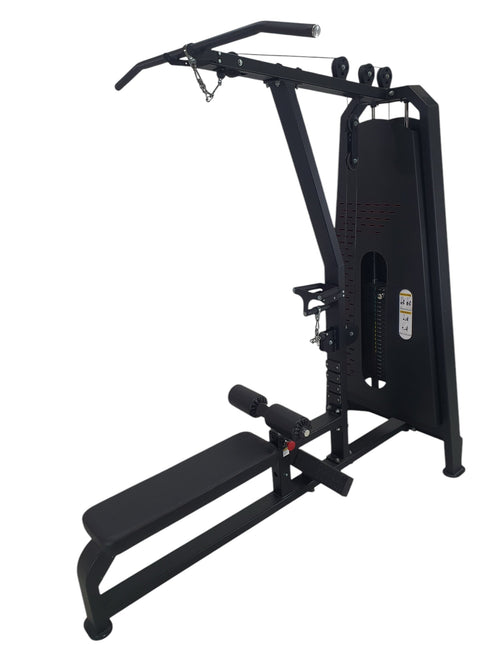
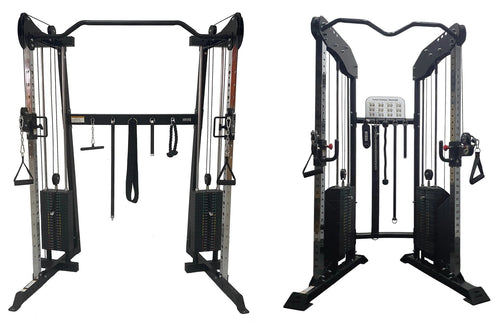

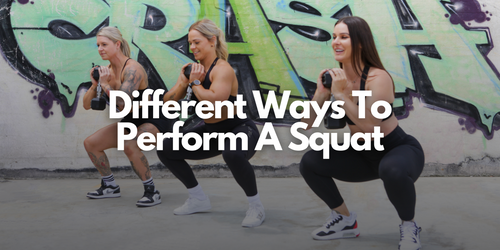


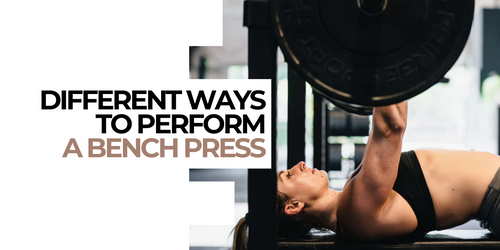
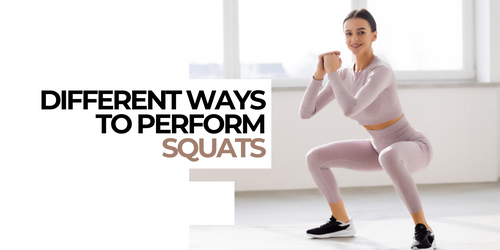

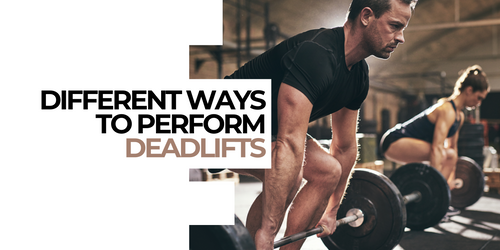

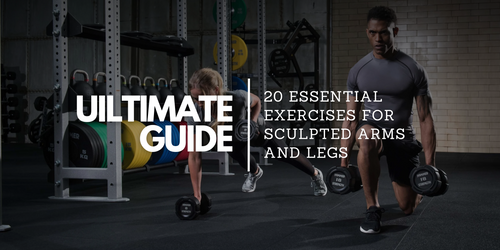




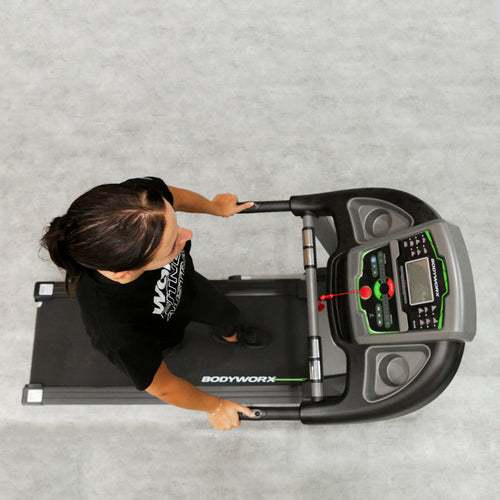



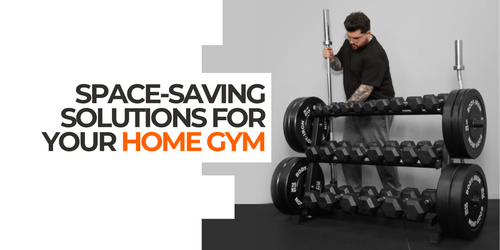
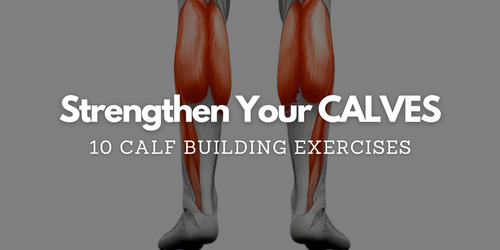

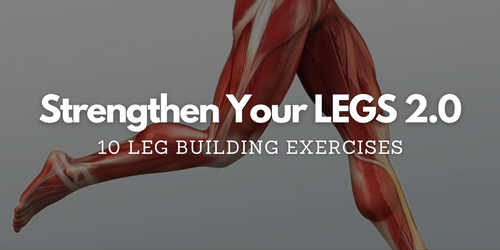


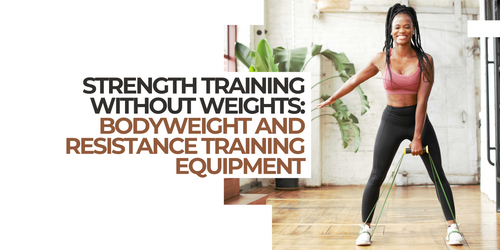
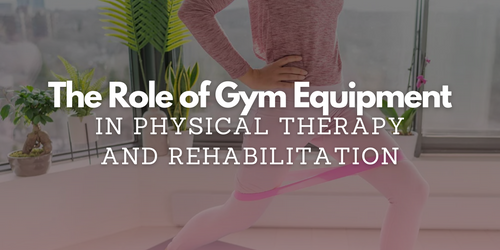
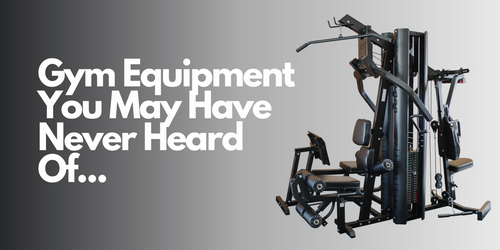


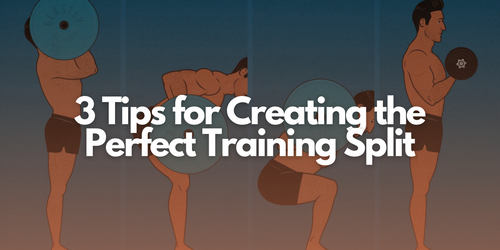

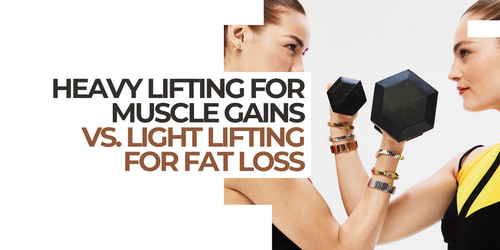


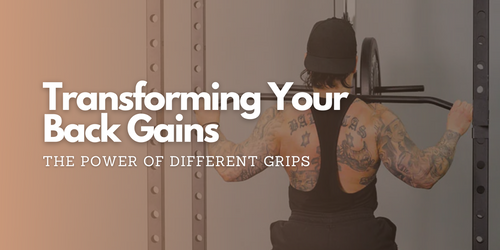
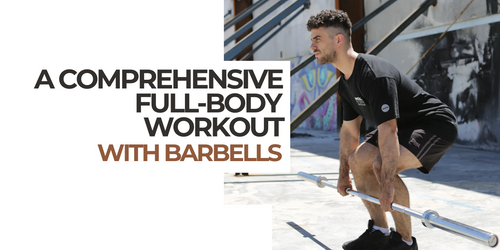
Leave a comment